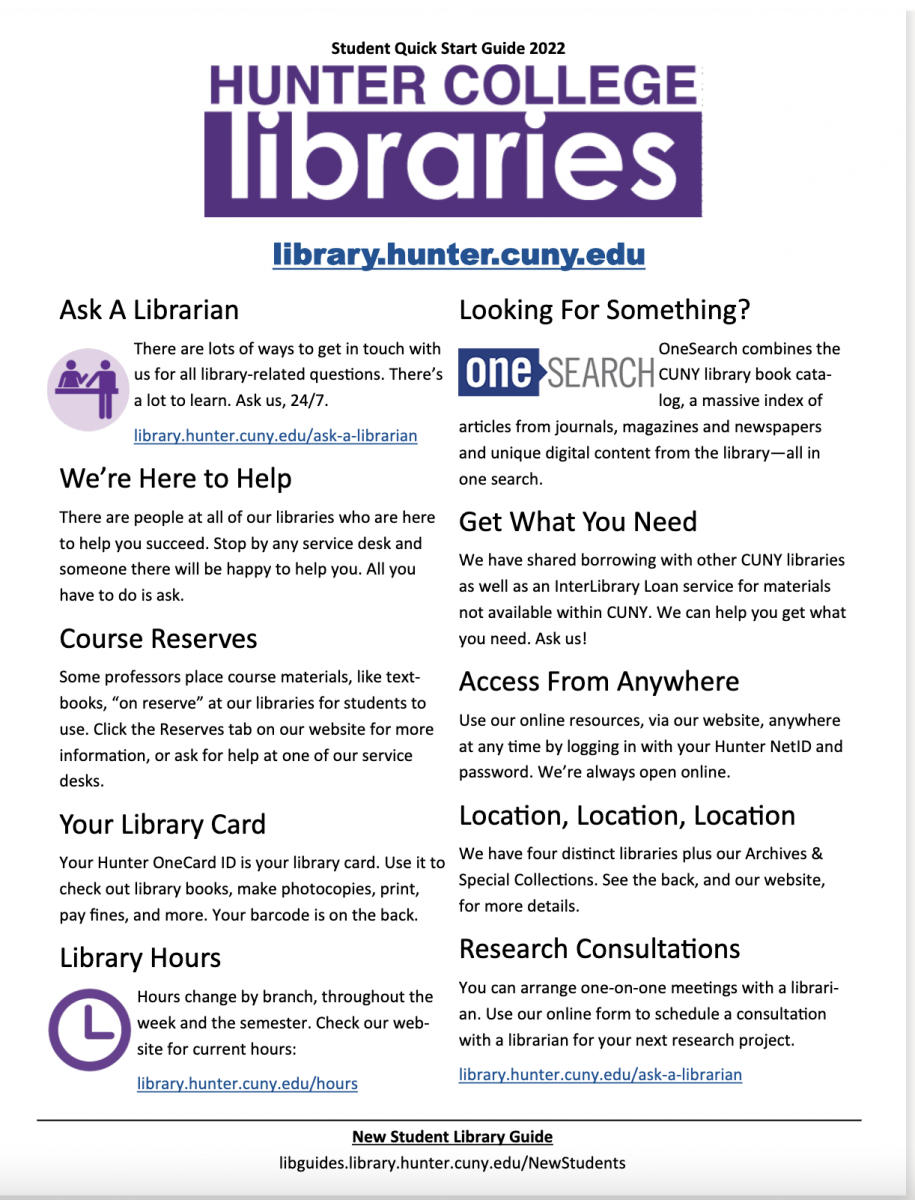We have good news! The charging tower stations are back at the Cooperman Library after some diligent repair work to the damaged cables by our Systems team!
There are TWO charging towers in the Cooperman Library, one on the 3rd Floor near the Welcome Desk, and one on the 3rd Floor near the A/V Desk. If there are problems with these stations, please notify someone at one of our service desks on the 3rd Floor.
Each station contains the following:
